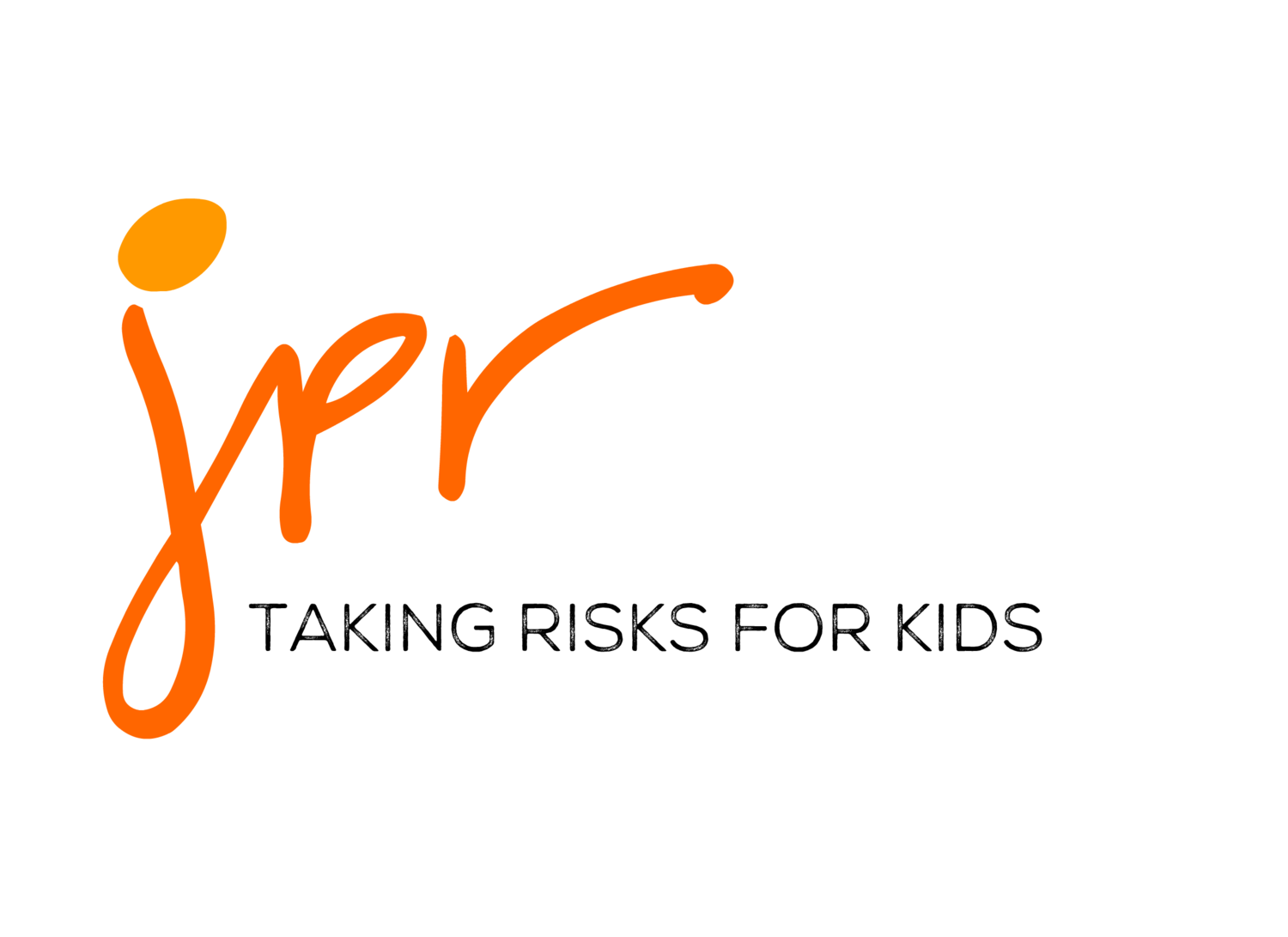The Case for Whole Child Education
/I’m continually surprised how easy it is for people to forget the obvious. Like practicing self-care such as eating healthy and nutritious food, participating in regular physical and mental exercise, and getting enough rest. Despite all the data available to us – good health remains elusive. And it is similar with improving public education.
For decades we’ve known about the benefits of Whole Child education. John Dewey, a leading progressive education thinker and practitioner, espoused the purpose of a public education is to prepare young people to be engaged contributors to their communities and society at large. Dewey recognized that it would be impossible to prepare a child for a precise set of conditions, recognizing instead the importance of “preparing children for the future life means to give them command of themselves; it means to train them to have full use of their capacities; that their eyes, hands and ears be tools at their command, that their judgement may be capable of grasping the conditions under which it has to work.”
Progressive educators that followed Dewey built off of these principals. Maria Montessori and Rudolph Steiner, both schooled in child development, understood how children learn and what good educators know today – that the learning process is both social and emotional. A child’s personality and life experience factor into every aspect of performance.
Walk into a Montessori or Walldorf school classroom and you will likely see children engaged in project-based learning, working alone or in small groups, experiencing art, music, and drama, thinking deeply about their own interests and passions, and learning to work well together, appreciating differences, and demonstrating resilience. Teachers are there to help guide and facilitate the learning process.
What’s compelling is how Whole Child approaches also prepare children for successful twenty-first-century careers. As former Google Distinguished Engineer Yonatan Zunger explained when describing which skills define a successful senior engineer in Silicon Valley, he stated, “essentially, engineering is all about cooperation, collaboration, and empathy for both your colleagues and customers.” One can imagine this same statement for any number of careers.
Given all our children have experienced during this public health crisis, the case for more Whole Child approaches could not be clearer. As school districts sit awash in public funding, the opportunity to start is now. But many ask how?
As I outlined in my book Wildflowers: A School Superintendent’s Challenge to America, it doesn’t matter where you start – only that you do. Start by making your playground facilities accessible to all children. Start by expanding your school calendar to extend the school day and school year with more enriching and supportive programs for kids. Start by adding more art, music, and drama programs and classes. Start by creating more peer mentoring programs. Start by training your educators in project-based learning. Start by feeding your children more nutritious foods and offering medical and dental care to kids whose families can’t.
Today, Whole Child education is educating the heart and the hand as well as the head. It is about enabling children to believe in themselves, to know they have a voice, to know they can create, to have a sense of belonging, and to know and say out loud what excites them, challenges them, and scares them. It means championing empathy and compassion. Whole Child education begins by placing children in the center and asking an important question - what does he or she need to thrive? Whole Child education is empathy in action. It draws on the many assets of a community. It’s where equity begins.
